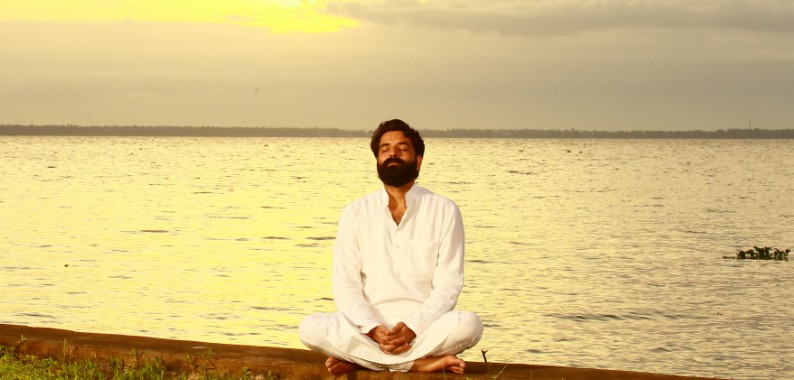- In this world all are like travelers in a caravanserai, where they stop for a little and depart; houses and furniture do not belong to them, then why should there be any quarrel over these?
- Nothing in this world is inert and insentiment. It is the objective nature of our own intellect that makes them appear as insentiment. In truth, however, in whatever direction you turn your eyes you will find the world full of that eternal consciousness which is the embodiment of Supreme Bliss. You and I are not different from it. Then, why are you suffering? Always, under all circumstances, remain absorbed in joy, which is your own nature.
- Transport yourself to the region where the Gunas exercise no sovereignty. Then, you will become fearless and carefree. It is these Gunas that are the repository of sorrow.
- Do not worry about the expiation of other’s sins, atone for your own sins the first instance.
- Observing the weakness of a person, neither hate him, nor seek to do him harm. Far from being able to cure him of his weakness, you will otherwise give shelter to hatred, anger, malice and the spirit of doing injury within your heart. Whereas the person whom you hate possessed only one form of weakness, you will fall a victim to four kinds of weakness. It is quite possible that the weakness present in him and you may differ only in name.
- Instead of exposing the sins of others cover them up like a thread. The needle makes a hole, but the thread covers up the hole, with its body. Similarly, instead of making holes offer yourself for covering up the holes of others. Be like a thread and not like the needle.
- Protection from sin and success in action is attained through work done under God’s shelter.
- The mind is our enemy, attempt should be made to conquer it.
- A just and righteous foe should be regarded as better than an unjust and unrighteous friend.
- It is altogether unjustifiable to deprive others of their freedom in preserving one’s own independence.
- If you would have others sit quietly before you and listen to you, you must likewise be prepared to give a patient hearing to others.
- If you want to see others tolerant and indulgent towards you, you must practise tolerance yourself in the first instance.
- If you consider you have a right to act against the wish of another, you must concede the same right to him.
- You must not question the bonafides of another should be every say something uncongenial to you.
- To have a watchful eye on one’s own sins and expose them to the world is a sovereign remedy for ridding oneself of sins.
- Know them to be very low who use the Divine Name as an incentive to the commission of sins, who commit ever new sins in the hope that he will be able to expiate them with the help of the Divine, The sins of such persons cannot be condemned by the God himself.
- Nor is it an act of freedom to use the Divine Name as a means of securing freedom from sins or of procuring worldly enjoyments. It is must for everyone to reap the past sinful deeds. These sins can be nullified only if one is very cautions and takes full care not to act the same way in future.
- You should not attach importance of worldly enjoyments but should rather try to head towards Dhyana, Bhajan and Swadhyaya.
- Fear of misfortune, of loss of worldly possessions, or of death haunts you only so long as you have not been able to develop faith in God. Grief and infatuation also persist only till then. Those who have unflinching faith in God, who dispel all fear, transcend infatuation and fear for all time to come.
- They alone who seek honour are afraid of the consequences of their evil deeds. The moment one renounces the desire for honour the mind feel disburdened and free from all fear and anxiety.
- Cessation of vital functions is not death. Getting dishonor from odd and sinful deeds in life is in fact just equivalent to death. For virtuous person death is just like changing clothes.
- Do not abuse another, do not indulge in idle talks, do not back bite another, and do not tell lies. Observe taciturnity in speech and carefully measure every word before you utter it.
- Tolerate the limitations and weaknesses of another, there are many limitations in you which are tolerated by others.
- Taking another to be sinner do not pride yourself on your being a virtuous person.
- If you cannot examine your heart at every step, you must do so at least twice a day, viz., in the morning and again in the evening. You will then know to what extent during the day commit sin against creatures.
- From the external affluence of the wealthy, the man in the street imagines that they are very happy, and that he would be similarly happy only if he could be as opulent as they, but he is mistaken. Those who have never had an opportunity of examining the heart of the rich know that they are not less unhappy than the poor. Only the cause and form of their suffering are different.


Leave a Reply